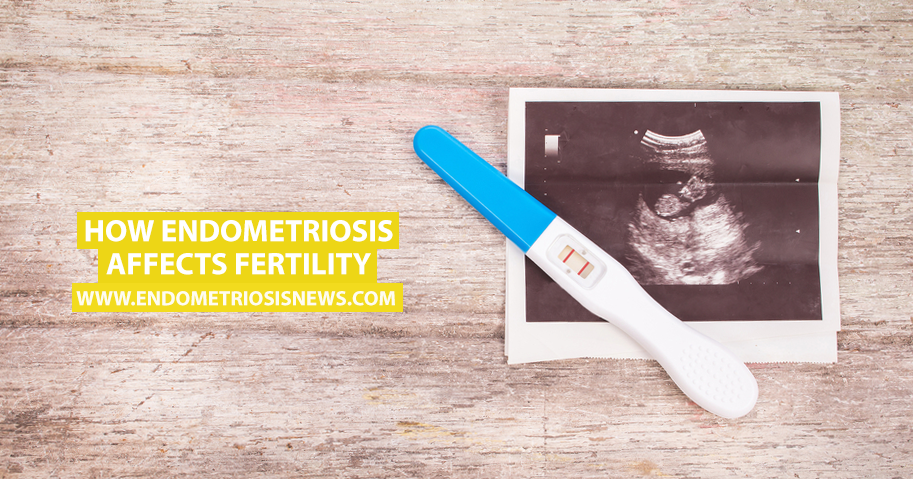It’s estimated that between 30 percent and 40 percent of women suffering from endometriosis will experience fertility problems. Many women with the disease are advised to try to conceive earlier rather than later in life, with their 20s being the optimal time. However, this is often not possible for many women due to relationships and career commitments.
MORE: Why increasing awareness of endometriosis is so important
For those living with severe (or even moderate) endometriosis, adhesions to the ovaries can cause infertility, but women with mild cases can also be affected by fertility issues according to Endometriosis New Zealand.
Fertility issues can be very stressful for women and their partners who wish to start a family, with each month bringing fresh heartache. There are many issues aside from endometriosis adhesions that can cause fertility problems and couples are advised to undergo tests to identify what the issues are so they may be properly addressed.
Fertility treatment can be very successful although some couples may be advised to change their lifestyle habits to increase their chances of success. These usually include maintaining a healthy weight and quitting smoking. Other aspects such as sperm quality, the woman’s age, whether or not the woman ovulates each month and whether her fallopian tubes are open will also be deciding factors.
Surgery to remove the endometriosis can help increase a couple’s chances of getting pregnant by approximately 40 percent, although women are advised to try to conceive in the first six to 12 months after surgery. Some couples may need to undergo IVF treatment.
Medication taken for endometriosis can slow down the process of trying for a family as they are approved for use during pregnancy.
MORE: Women with endometriosis-related infertility reap the same benefits of IVF as other women
Endometriosis News is strictly a news and information website about the disease. It does not provide medical advice, diagnosis or treatment. This content is not intended to be a substitute for professional medical advice, diagnosis, or treatment. Always seek the advice of your physician or another qualified health provider with any questions you may have regarding a medical condition. Never disregard professional medical advice or delay in seeking it because of something you have read on this website.

